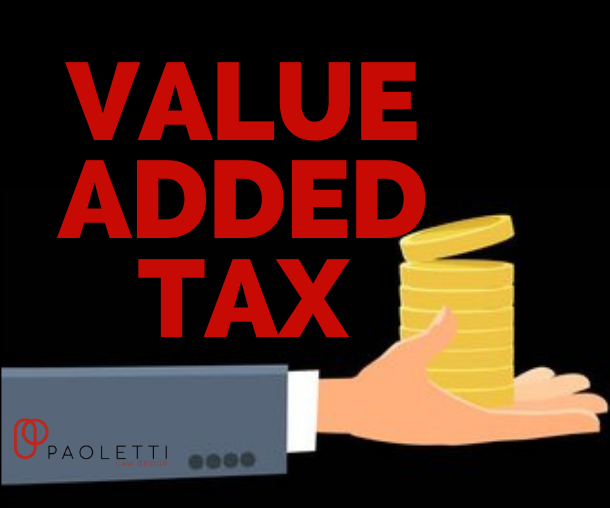
The United Arab Emirates (UAE) introduced Value Added Tax (VAT) through Federal Law no (8) of 2017, to generate a new source of income to fund the nation’s high quality public services. The new tax was implemented to decrease the nation’s dependence on natural resources like oil and petroleum. VAT is imposed on every value addition to the product or service that takes place in the supply chain till it reaches the final consumer. Federal Tax Authority (FTA) is given the responsibility for the effective implementation of this tax.
The end burden of the tax is on consumer and the tax paid by the manufacturer and others is credited or settled later through the system of input tax deduction. Products and services have been classified in three categories, whereon first, a five percent VAT is applicable, the second are the zero rated supplies and the third are the exempt supplies.
Crude oil and natural gas are taxed at zero percent whereas oil and gas products at the pumps are charged at five percent rate. Sale and rent of commercial buildings have been taxed at five percent. On the other hand the sale and rent of residential buildings is rated at zero percent. VAT on food and beverages, telecommunication services, hotels, etc are being charged at five percent. While private and public schooling is taxed at zero percent, the higher education by private institutions is taxed at five percent.
Interest on forms of lending (loans, credit cards, finance leasing) and issue, allotment or transfer of an equity and debt security are exempted from VAT. Sovereign activities not in competition with the private sector are outside the purview of VAT, while other government activities in competition with the private sector is being charged at a rate depending upon the product or service. Tourists can claim refund on the VAT, paid by them on purchases they made during their stay, while exiting the country at the airport.
Companies with annual turnover above Dh 375,000 are obligated to register for VAT while companies having more than Dh 187,500 can register voluntarily. Taxable businesses will then have to keep a record of all the supplies and imports of goods and services and other such records where VAT is either paid or received which helps in deciding the tax liability and claiming the input tax credit. Returns should be filed either monthly or quarterly by businesses depending on their size. The registration for VAT can be done at the e-registration portal of Federal Tax Authority (FTA). FTA has also released comprehensive guides to clarify to the businesses their tax obligations.
To know more about this regulation, please contact:
